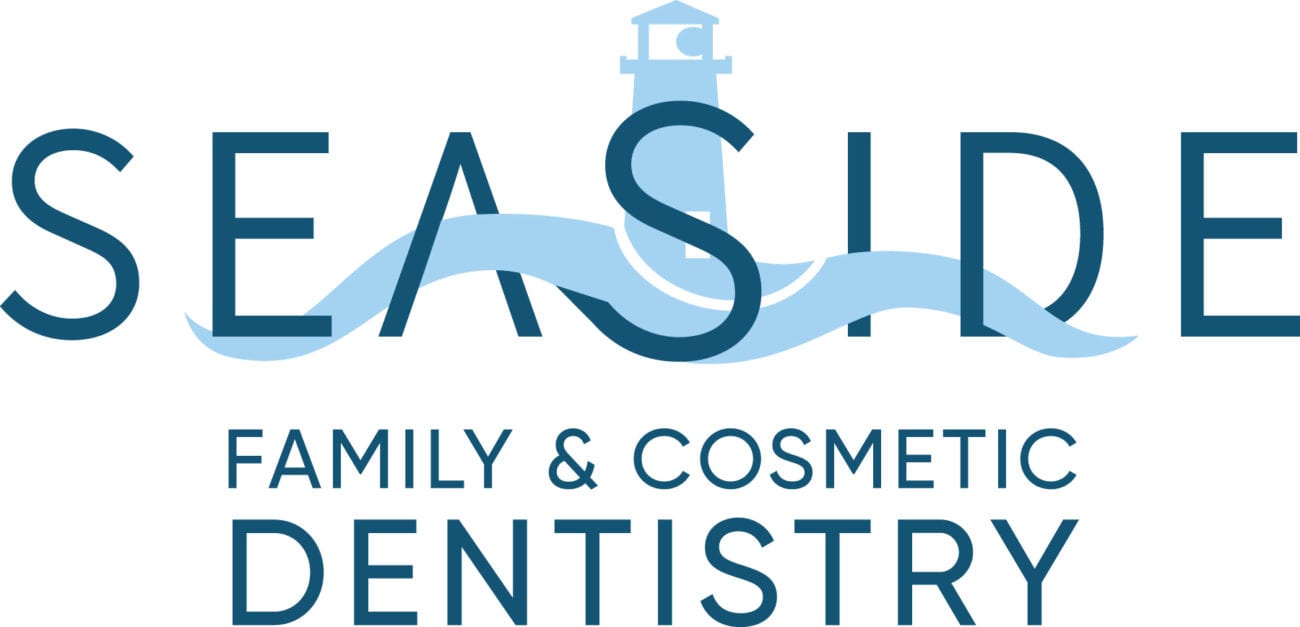Calcium is a mineral found in many of the foods and beverages you consume. Your body requires this nutrient to function properly. You likely know calcium keeps your bones strong and healthy, but the mineral also proves crucial to your oral health.
You should have at least 1000 mg of calcium per day to keep your teeth healthy. Feel more encouraged to seek this nutrient in your diet when you understand the specific benefits it affords. Read on to find details about calcium’s role in your dental health.


How Does Calcium Enhance Dental Health?
Calcium is the primary component that makes up your enamel, the outer layer of your teeth. This highly durable part of the tooth protects the more sensitive interior. But it can suffer damage and erode over time, usually due to consuming acidic substances.
Once deteriorated and weakened, enamel will not grow back. But when you consume more calcium in your diet, the mineral strengthens the enamel so that it better resists potential damage. Fortified teeth will fight decay, surface stains, and more so that your smile will continue looking and feeling its best.
Calcium will also strengthen your bones by increasing their mass. This means you can also see a healthier jawbone when you keep calcium in your diet. As a result, you can see a lower risk of fractures and other injuries. And your jaw can better keep your teeth in place in your mouth.
What Are the Oral Health Risks of Calcium Deficiency?
If you do not consume enough calcium in your diet, you miss out on major oral health benefits. But when your body lacks calcium, it draws the mineral from other sources, like your teeth, in order to supplement its needs. If this occurs, your teeth will be weaker and more susceptible to dental concerns.
Your natural oral bacteria will easily penetrate weakened tooth enamel, which means you will have a higher chance of forming cavities. And calcium loss in your teeth can affect the appearance of your teeth as well. Thinned enamel can leave white spots on the surface of the teeth or a translucent effect.
A dentist can treat cavities and other dental problems, but you should protect your natural smile for as long as possible. A way to do this is to consume plenty of calcium.
How Can I Ensure I Receive Enough Calcium in My Diet?
Many popular foods and beverages make for good sources of calcium in your diet. Milk, cheese, yogurt, and other dairy products have calcium, but not everyone can tolerate these foods. Dark leafy vegetables like spinach and broccoli will also provide you with calcium.
You will need other vitamins and minerals in your diet to keep your smile healthy. Vitamin D, for example, is necessary to help the body absorb calcium. So to maximize health benefits, adhere to a nutritious and balanced diet. Talk to your dentist to learn more about how your diet influences your oral health.
